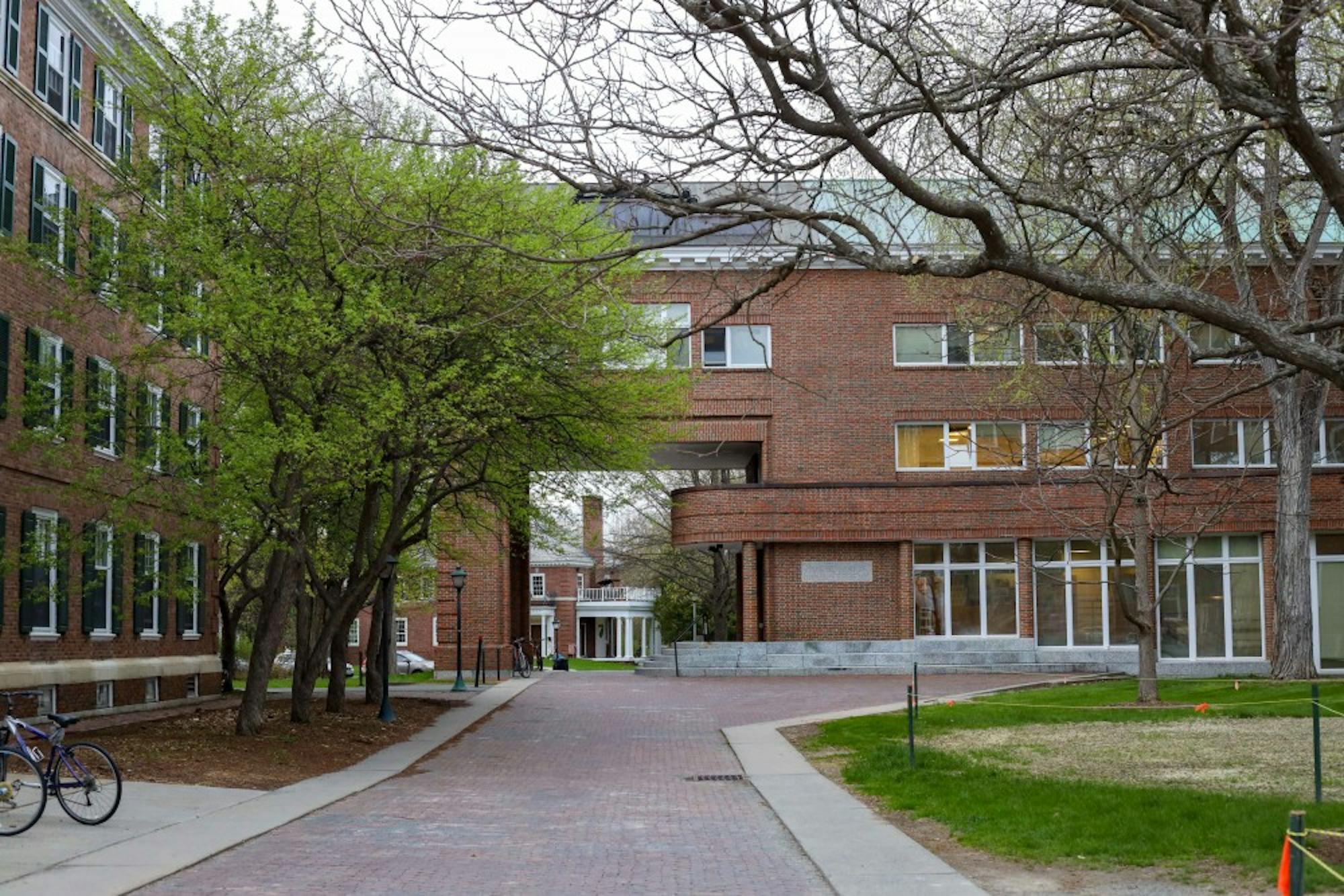[ad_1]
Professor Sonali Chakravarti discussed the increasing importance of race in the legal system and the changing definition of jury impartiality.

On April 28, the Rockefeller Center for Public Policy invited Wesleyan University government professor Sonali Chakravarti to speak about jury impartiality in the 2021 trial of Minneapolis police officer Derek Chauvin for the 2020 murder of George Floyd.
The talk was titled “How Woke Can a Juror Be? The Jury in the Chauvin Trial, Critiques of Law Enforcement and a New Model of Impartiality.” The majority of attendees joined the event online, although it was also broadcast to a few in-person attendees in Carpenter Hall. During the first half of the hour-long lecture, Chakravarti explained how the jury selection process in the Chauvin trial indicated an evolution in America’s understanding of jury impartiality. In the latter half, Chakravarti responded to a series of questions from event moderator and government professor Julie Rose before answering a number of student questions.
According to The New York Times, Chauvin murdered Floyd on May 25, 2020 by kneeling on his neck for nine minutes and twenty-nine seconds. In April 2021, a jury found Chauvin guilty on all three charges of second-degree murder, third-degree murder and second-degree manslaughter. According to Chakravarti, the jury that convicted Chauvin consisted of four Black, eight white and two mixed-race jurors.
Chakravarti said that the Chauvin trial “unexpectedly” produced a jury that was more racially diverse than the county the trial took place in — a departure from precedent. She explained that potential Black jurors have long been dismissed from service in some trials because of their different views on racial discrimination.
Chakravarti added that because Floyd’s death led to increased awareness of and support for the Black Lives Matter movement among white people, more of the white jurors questioned for the Chauvin trial expressed anti-discrimination sentiments. She added that broader support for Black Lives Matter from jurors of all races makes it harder for lawyers and judges to “single out” Black jurors for their views and dismiss them.
“Jurors of all backgrounds have begun to see how legal judgment must include conversations about racial dynamics in everyday life, and they must continue to speak about it in the jury selection process to create a new understanding of impartiality,” Chakravarti said at the event.
Ultimately, Chakravarti said jury impartiality should not mean that jurors are completely neutral on the facts surrounding a case, but rather that they are willing to prioritize legal scrutiny over their personal opinions.
Evelyn Hatem ’24 said that she learned about the event from a newsletter from the Rockefeller Center and chose to attend because of a class on federal Native American law she is enrolled in this term.
“I’ve been thinking a lot about how the law and courts over the centuries have been a tool for some serious harm in the country and how they could also be a tool for good,” she said.
Isabelle Cheney ’24 said that she was intrigued by the name of the event, which emphasized the Derek Chauvin trial.
“Obviously, there’s been a lot of coverage about Floyd’s death and Chauvin’s actions,” she said. “So I was interested in learning more.”
Cheney said that she felt like a “sponge” trying to absorb as much information as she could from the guest speaker.
Hatem added that attending the lecture gave her a new perspective on the role of jury selection in the legal process.
“I think the notion of impartiality is interesting because as I was hearing the case being decided, I wasn’t really thinking about it as much from a legal or judicial point of view,” Hatem said. “I was more hearing about the social justice side of things. So it’s interesting to hear that [Chakravarti] is reimagining it for the future based on what happened in the Chauvin trial.”
[ad_2]
Source link





More Stories
The Georgia runoff looks very tight – politicalbetting.com
Wells Fargo Active Cash Card Review
Pele: Brazil legend says he is ‘strong with a lot of hope’